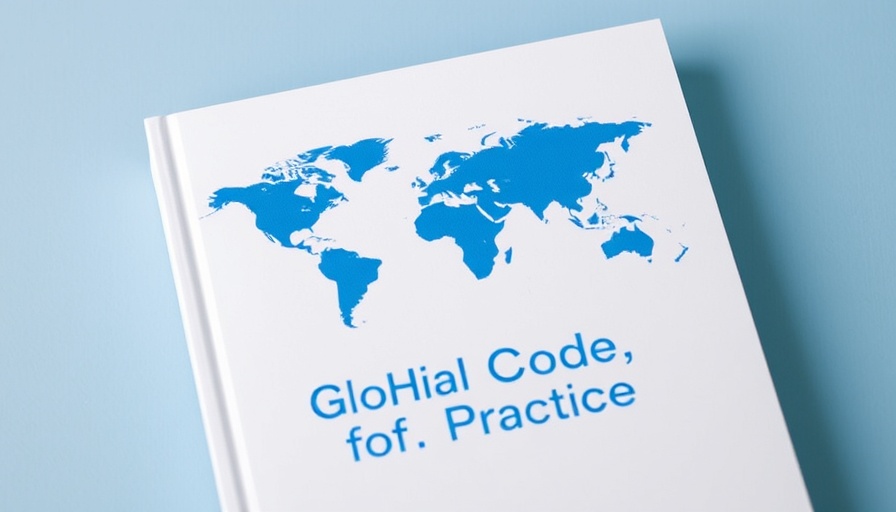
The WHO Code and Its Importance in Global Health
In recent years, the health sector has faced unprecedented challenges. Consistent updates and recommendations from the World Health Organization (WHO) are essential in addressing these ongoing issues, particularly concerning the international recruitment of health personnel. The WHO Global Code of Conduct for the International Recruitment of Health Personnel serves as a fundamental guideline to ensure that health systems worldwide can access and retain a qualified workforce.
Understanding the WHO Global Code
The WHO Global Code, adopted 15 years ago, is a framework designed to regulate the recruitment of health workers across borders, aiming to mitigate the loss of professionals from lower-income countries. The significance of this code cannot be overstated; it helps protect vulnerable health systems that may already be struggling due to brain drain. By providing recommendations and best practices, the WHO Code reinforces the importance of ethical recruitment while supporting the health workforce agenda.
Current Regional Consultations
In light of these developments, the Expert Advisory Group (EAG) is holding regional consultations to evaluate the code's relevance and effectiveness in various contexts. Recently, the Americas Regional Office conducted a consultation in Brasilia, Brazil, from July 23 to 25, while the South East Asia Regional Office held its meeting in Colombo, Sri Lanka, from July 3 to 4. These sessions are crucial for gathering insights and feedback from member states, which will help shape the future of the code and ensure it meets contemporary health challenges.
Impact of the WHO Code on Global Health Trends
The outcomes of the consultations will be essential not only for policymaking but also for improving the overall health landscape. As countries grapple with ongoing pandemic updates and international health crises, the code remains a vital tool in creating sustainable health systems. Ensuring that health personnel are fairly and ethically recruited helps maintain a stable workforce capable of responding to global disease outbreaks.
The Bright Side: Positive Changes
Despite challenges, initiatives like the WHO Global Code are paving the way for positive change. With a record 105 countries reporting their implementation of the code, awareness is increasing, and many nations are adopting measures that align with global recommendations. This progress is promising, reflecting a commitment to improving health workforce conditions and ensuring that no country is left behind in the quest for quality healthcare.
Insights and Future Directions
As we progress toward the future, it is clear that the demand for ethical recruitment practices will only increase. With upcoming consultations in additional WHO regions, the adaptations made to the code will be crucial as the world navigates through possible pandemics and evolves in response to global health trends. Embracing these guidelines not only assures better health outcomes but also fosters a sense of global solidarity in the health profession.
What Can You Do?
As individuals, we all have a role to play in promoting health and ethics in recruitment practices. Advocating for responsible health policies and staying informed about global disease outbreaks helps create a ripple effect that influences our communities. By engaging in dialogue about health topics and understanding the implications of international policies, we can contribute to a healthier future for all.
Let's stay connected and aware! Keep an eye out for the latest updates in world health organization news, so you can remain informed about how these efforts are shaping the future of healthcare. Understanding these conversations not only enlightens us but also empowers us to take action in our roles as active health citizens.
 Add Row
Add Row  Add
Add 




Write A Comment